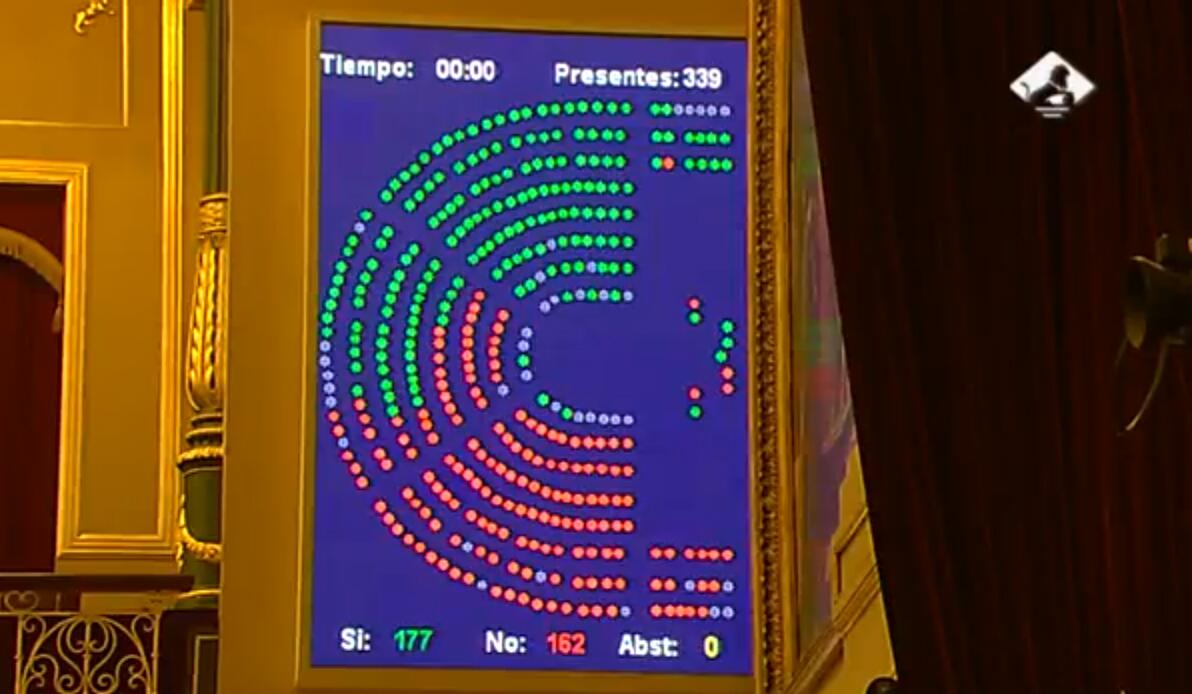On 6 February 2014, the tragedy came across Ceuta. All media outlets reported that at least 15 migrants had drowned when trying to reach the Spanish coast from the other side of the boundary. They had first tried to cross the border by land but were repelled by both Spanish and Moroccan police, so some of them decided to swim across the border. At that point, the Spanish Civil Guard allegedly started shooting blank and rubber bullets at those people, preventing them from reaching the coast. Although some of them finally managed to reach Spanish territory, many more were unable to and died or went missing at the sea.
However, it seems that neither the Spanish nor the Moroccan police did nothing to prevent the deaths of innocent people who were only trying to get a better future in Europe. Furthermore, their actions could trigger a tragedy that ended up with at least 15 dead and some other migrants wounded due to the use of riot gear material on unarmed people who were trying to swim across the border. Even though, the first reaction by Arsenio Fernández de Mesa, the head of the Civil Guard was to deny their involvement in those events, claiming that no policeman had shot at migrants and threatening to sue anyone who dared to criticize their actions. However, video footage taken from the security cameras along the border fence shows that the police tried to repel migrants while they were in water regardless of the danger they could trigger to their safety, as the video below shows.
At these images, anyone can see the way that police started shooting on unarmed people, and even some of the rubber bullets impacted on and wounded several migrants. Therefore, they can be considered responsible for the deaths of the 15 people not only because they denied them any assistance while they were drowning, but also because the methods police used to force the migrants back into the Moroccan side of the border. In addition, other videos from the security cameras deployed along the border fence show that Spanish authorities threw even canisters near the area where the men were fighting for their lives.
As if this was not enough, some of the policemen illegally transferred some of the migrants who managed to reach the coast back to Moroccan territory, in disregard of their physical condition.In fact, those images show how a civil guard dragging a wobbling man into the other side of the fence without providing him the healthcare he needed. Furthermore, this kind of expulsions of migrants once they had reached Spanish territory is totally against both Spanish and European laws, which provide a proceeding that police and judiciary should follow before doing so.
Nevertheless, such crisis has not triggered any political or policial consequences. Moreover, the head of the Spanish Civil Guard initially denied any use of anti-riot materials and even threatened with filling lawsuits against all those who blamed the behaviour of the police for the deaths of 6 February in Ceuta. However, he and the political authorities had to rectify after video footages from the security cameras were leaked, but anyone has been ceased or resigned because of those incidents. It seems that they will get unpunished by Spanish authorities or justice, regardless of those who died or suffered injuries at them.
